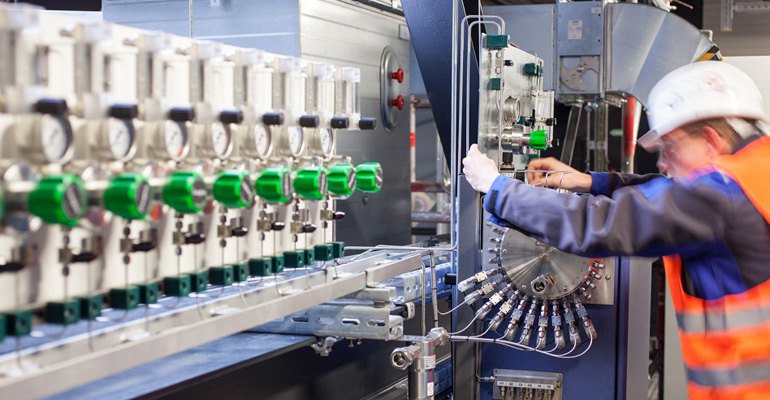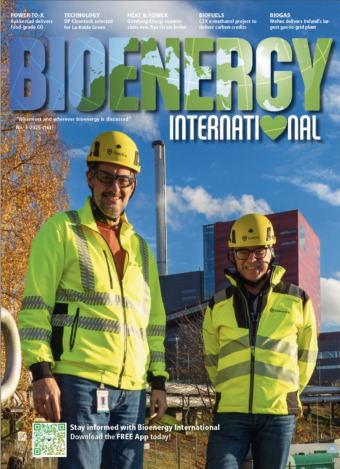France-headed biotechnology company Global Bioenergies has revealed that a new milestone has been met in the development of its isobutene process. The company has passed a yield exceeding 87 percent of the final target during the complete production phase, at laboratory scale. Productivity is also progressing quickly and with yield, have reached a threshold meeting the expectations for profitable commercial-scale exploitation of the process for high-value applications such as cosmetics.

Isobutene has a very broad range of applications, ranging from fuels and commodity chemicals to cosmetics. Global Bioenergies’ goal is to provide a bio-based isobutene process meeting the requirements for all the applications, and able to compete price-wise with fuels and materials derived from oil.
The higher the performances, the lower the production costs, and thus the broader the range of applications that can be exploited profitably. Since more than 70 percent of the costs at commercial scale will be represented by the feedstock, the industrial grade sugar that is converted into isobutene, the most important parameter is yield.
New bacterial strains
In order to reach this milestone, Global Bioenergies has built new bacterial strains, with an entirely redesigned carbon metabolism. When provided with a powerful isobutene route, the improved strains have shown their capability, at lab scale, of achieving more than 87 percent of the final target yield over the whole production phase. This means that 87 percent of the sugar consumed by the strains is directly contributing to produce isobutene.
In addition, the new strains show markedly better productivity. Productivity speaks about the speed at which strains convert sugars into isobutene, and translates into OPEX and CAPEX cost, which will represent the remaining 30% of the costs at commercial scale.
The increase in performances we are observing over 2018 has contributed to considerably de-risk the project. We will continue to work at improving yield and productivity, but we have passed a threshold that allows us to balance the priorities. Our major objective is now to obtain perfect stability in industrial conditions at demo scale. Given the current state of the art and the steep progression observed this last year, we should now reach new summits within months, said Frédéric Pâques, COO of Global Bioenergies.
Reproduced at a commercial plant scale, these performances would according to the company, sustain profitable exploitation for the high-value applications of isobutene, such as cosmetics. The process based on the new strains is presently moving down the scale-up chain, with first industrial pilot testing showing very promising results.
These outstanding signs of progress bode well for IBN-One, the first commercial plant project we co-own together with Cristal Union, one of the leaders in the European sugar industry. Our process will count in the technological arsenal our civilization now needs to win the battles against global warming, air pollution in cities, and oil depletion, said Marc Delcourt, CEO of Global Bioenergies.


